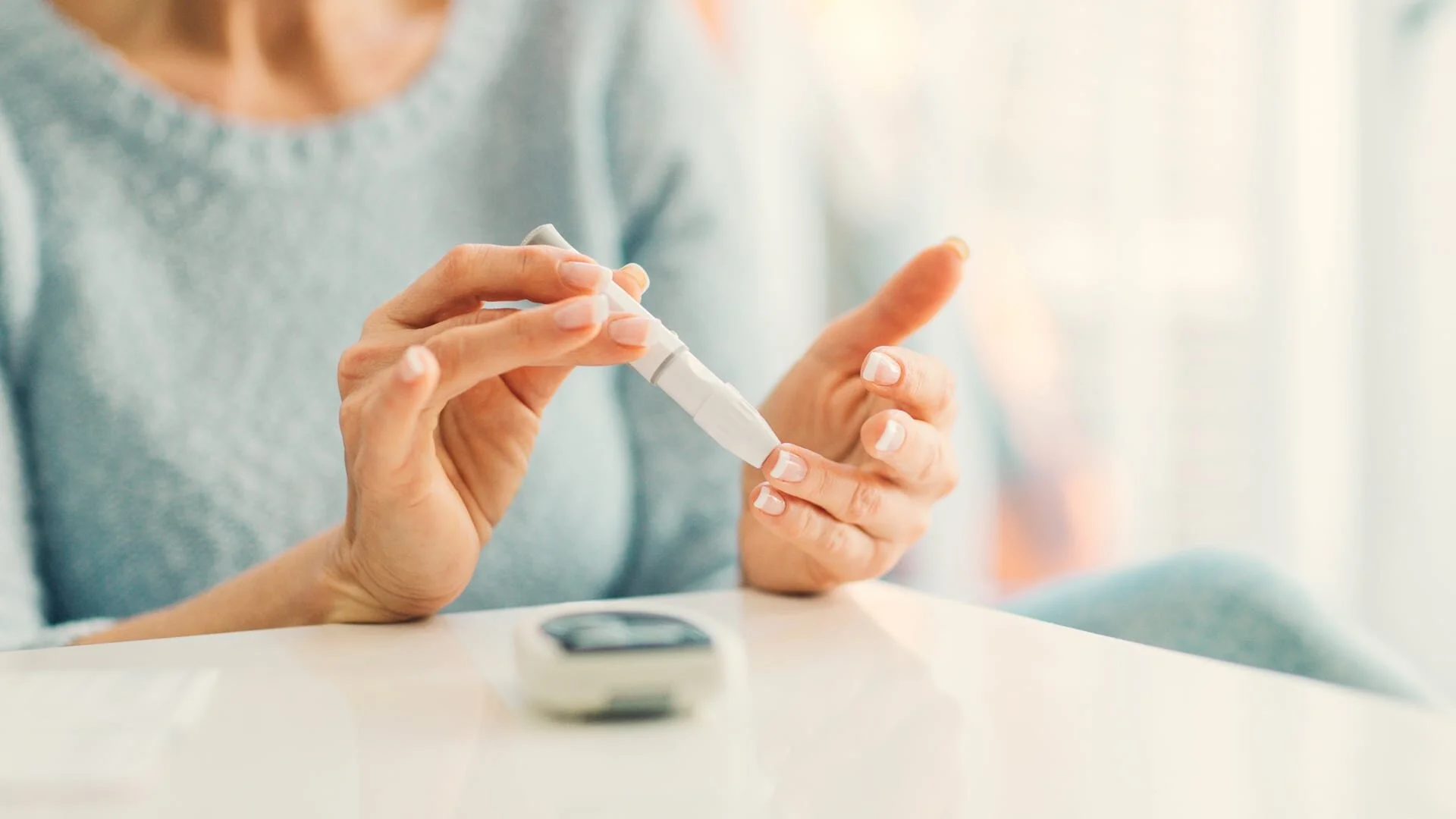Telehealth for Chronic Disease Management
Telehealth services have become more widely accepted and utilized since the beginning of the COVID-19 pandemic. Laws and payor reimbursements have been modified to accommodate the nation’s need for telehealth services. The Community Preventative Services Task Force (CPSTF) recommends telehealth interventions for chronic disease management. Telehealth interventions have been found to improve several aspects of chronic disease management, including medication adherence, clinical outcomes, and dietary outcomes.
Exercise as Part of Diabetes Self-Management
Regular physical activity is an important aspect of managing diabetes, dealing with prediabetes, or otherwise just staying healthy. Activity causes cells to become more sensitive to insulin, allowing insulin to work more effectively. With regular physical activity, you will find yourself feeling better. Experts recommend 150 minutes per week of moderately intense physical activity like fast walking or bicycling. People with diabetes may need to check their blood sugar before, during, and after exercise to ensure it remains stable.
Mood Changes and Diabetes
Mood changes are a common experience in people with diabetes. These mood changes can be accredited to various factors including rapid changes in blood sugars, the stresses of managing a chronic illness every day, or depression. It’s important to understand how to support positive mental health, as well as how to recognize signs of depression in order to seek help if needed.
The Connection Between Sleep Deprivation and Diabetes
Sleep deprivation is a significant risk factor for type 2 diabetes, yet it is often overlooked. We typically focus on things such as family history, eating habits, and weight, but both quantity and quality of sleep are also factors in the development of type 2 diabetes. Furthermore, people with diabetes are more likely to have a sleep disorder causing sleep deprivation. Lack of sleep in relation to diabetes is a vicious cycle of one causing the other.
Why Vaccinations Are Vital for People With Diabetes
While we are anxiously awaiting the release of a COVID-19 vaccine, it is important to make sure you are up to date with all other necessary vaccinations. People with diabetes are at a greater risk of complications from certain vaccine-preventable diseases, just like with COVID-19. Thousands of adults get sick each year from diseases that could have been prevented by a vaccine. Get vaccinated to stay healthy – especially if you have diabetes.
Understanding Prediabetes and Associated Risk
88 million people or 34.5% of the U.S. population has prediabetes. That is a staggering number; however, 80% do not even know they have prediabetes as it often does not produce any symptoms. Prediabetes is diagnosed when blood sugar levels are higher than they should be but not high enough to diagnose diabetes. Prediabetes comes along with an increased risk of developing type 2 diabetes, heart disease, and stroke. Without taking appropriate action, prediabetes can develop into type 2 diabetes within five years.
Why The LGBTQ+ Community Is at Greater Risk for Type 2 Diabetes
Research suggests some subgroups of the LGBTQ+ community have a higher rate of developing type 2 diabetes. African Americans, Mexican Americans, American Indians, Native Hawaiians, Pacific Islanders, and Asian Americans, as well as people who have relatives with diabetes, are already at greater risk for type 2 diabetes. Add sexual minority to any one of those and the risk is compounded.
Understanding the 2020 DSMES Consensus Report
Diabetes education is a key component of the successful management of diabetes. The diabetes self-management education and support (DSMES) Consensus Report was just released and includes key information for healthcare providers in addressing needs for type 2 diabetes education. The report addresses potential solutions to access and utilization barriers, as well as discussing methods of improving health, clinical care, and education services and reducing diabetes-associated per capita health care costs.








